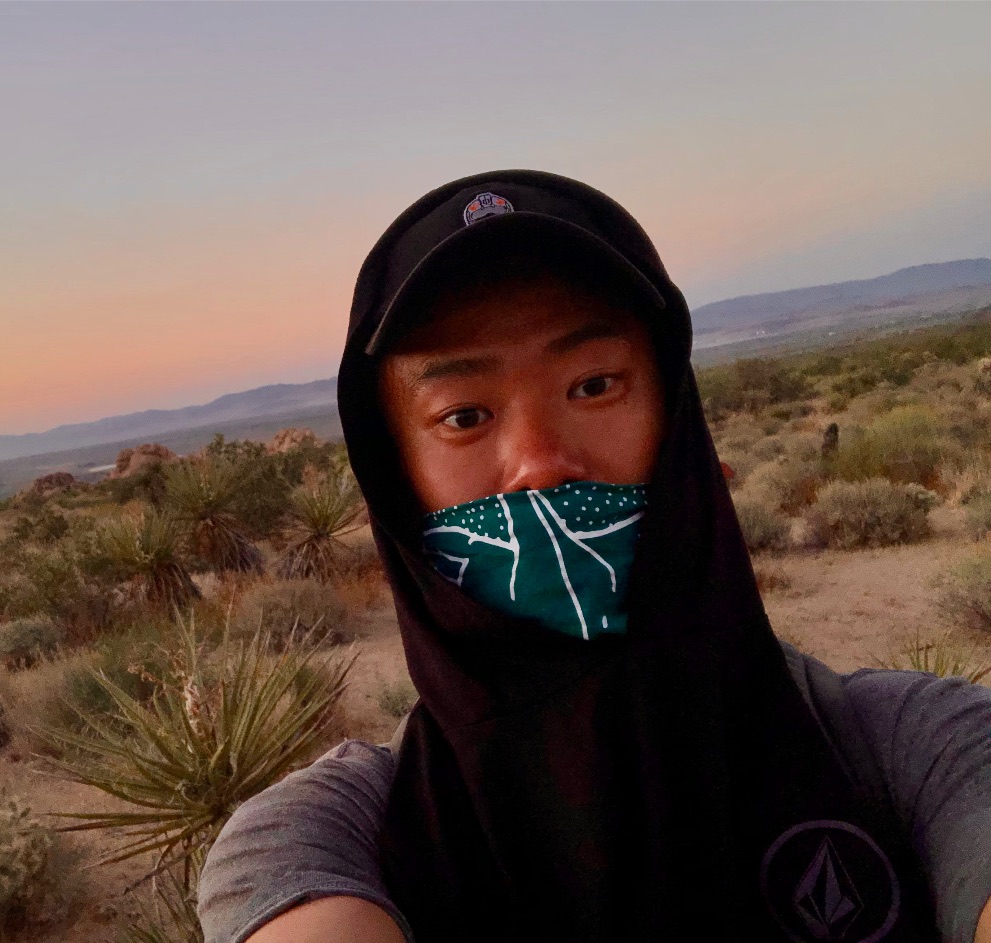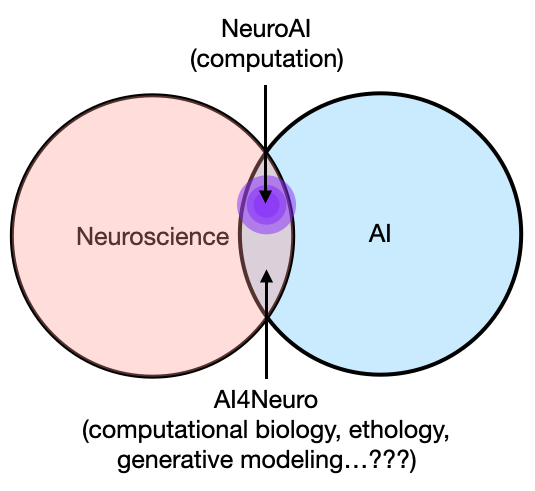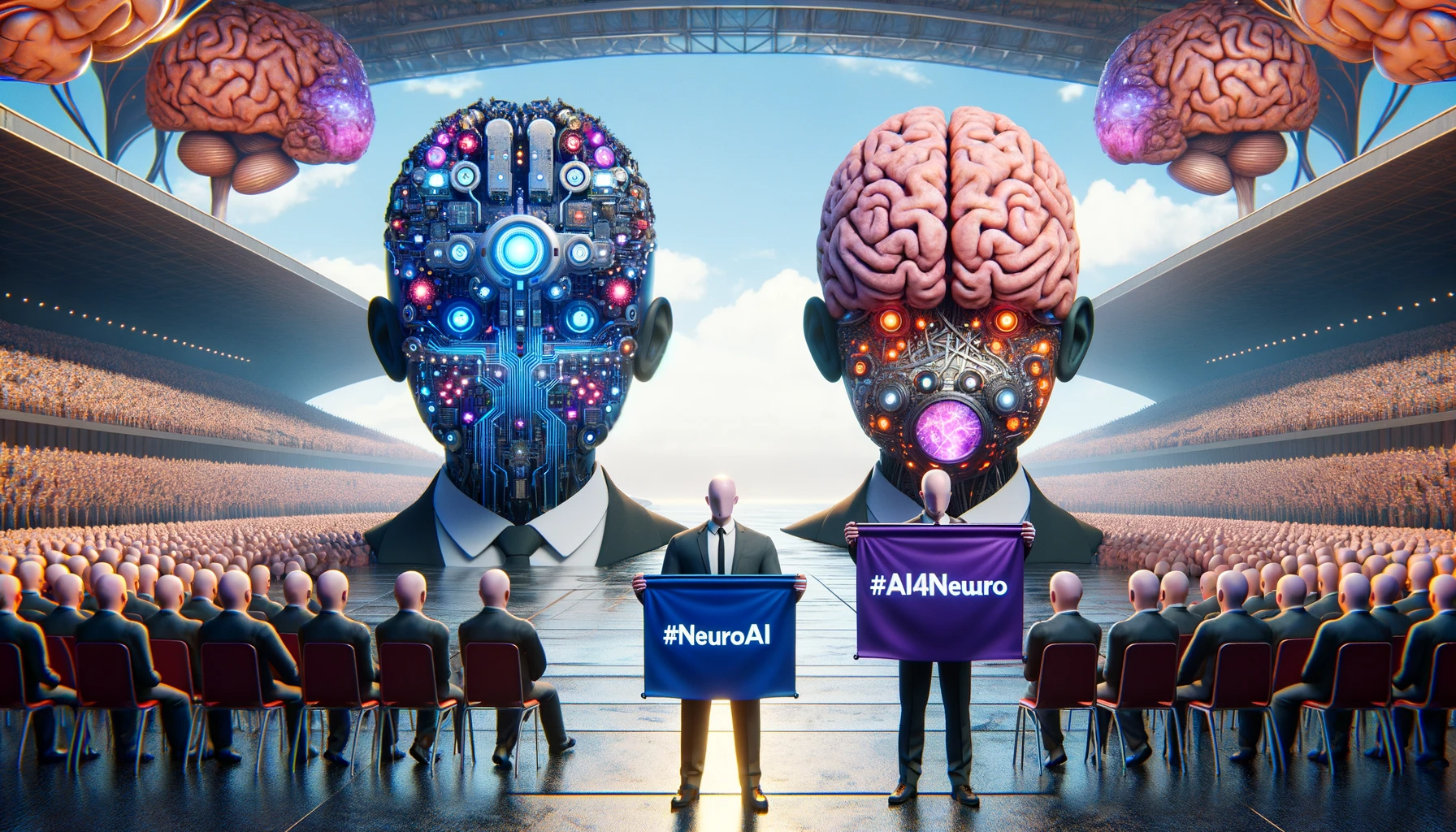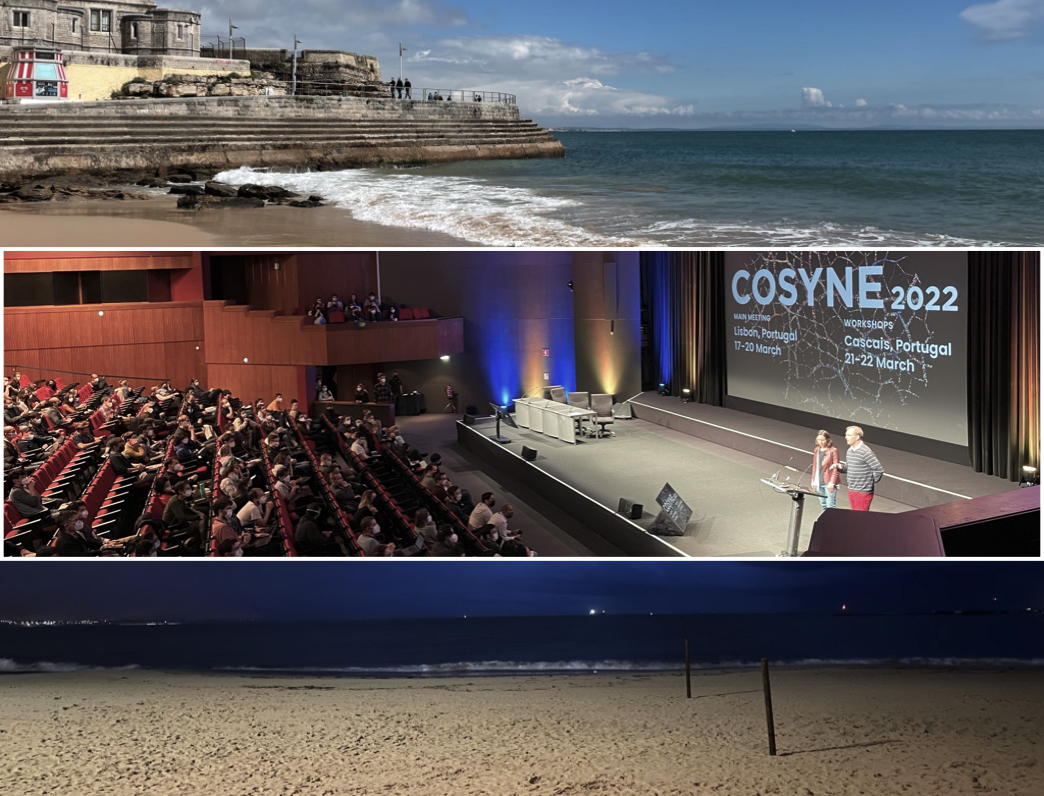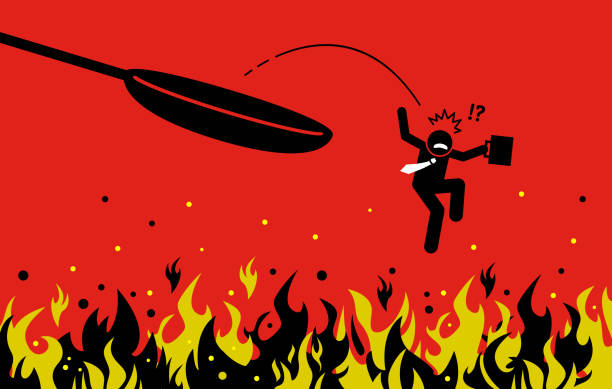This topic has been written to near-death, given how many different articles I’ve read regarding the adverse effects of the information age. Alas, as I’ve yet again procrastinated away a full writing week, and considering how I’ve been beating myself up over over-Googling for a little while now, I feel that this is an appropriate time to at least jot down my own insights and experiences.
I love Google. I can’t imagine anyone getting remotely close to finishing a Bachelor’s degree (or anything in life, really) without Google. But then again, most people did/do. And when I say Google, I really mean the internet and its vast storage of information that is accessible one query away. The standard argument I’ve read from proponents usually point to the needlessness for humans to remember facts and constants, hence the existence of engineer’s manuals and constants tables. Of course, I agree with this. And just to qualify, I’m not an opponent of the internet or Google. Google’s mission statement is to make information easily accessible for everyone in the world, and they’re doing a damn good job. They are also in no way responsible for how this information is accessed, perhaps aside from the requirement that it should be easy. And it is exactly this extreme ease of information access that results in the linear, answer-oriented discoveries, and slowly spells the end of process-oriented and serendipitous discoveries.
Through my experience in being mindful of how I learn, I often find myself asking, “damn, how did the first person to ever do XYZ come up with this method?”- and the answer is usually simple: trial and error through disciplined process. Almost rarely do we hear of great discoveries that was the result of an experiment or procedure that panned out exactly the way it was intended, and rightfully so, as if it was so straightforward that somebody got it right on the first try, then it wouldn’t have been such a big deal. However, being the selfless yet glory-seeking species that we are, the result is often reported with the successful procedures to help ease the process for the next person, but with no mention of failures. I’m thinking of things like baking a cake, fixing your car, deriving an equation, but in more serious circumstances, propagation of scientific knowledge. As such, the “right way” becomes valuable information in the microcosm of the originator: to himself, but also to the members of his immediate community, who now benefit from his diligent experimentation.
Now, someone in a remote community stumbles upon the same problem, but to no avail. She will then proceed to experiment, perhaps in similar, but never identical, fashion, as to our first discoverer. And let’s say she succeeds in conquering the problem as well, she will have spent a much longer time to arrive at a marginally different answer than would be required if she were to simply follow the “correct” procedures. But, she will have gained the expertise, as well as the keys to the problem with a completely different perspective, due to the fact that she’s a different human being in a different community, but also because she did a different set of wrong things. Can you imagine if every one of us had to repeat this process for every little thing in life? Most of us follow recipes when we bake cupcakes, which is fine, but I believe this is also the reason why grandma’s cupcakes are always better, and that not everyone who can bake a great cupcake is a baker. In essence, mastery of a craft is not characterized by one’s ability to do it right, but by the knowledge of every which way it can go wrong and their subsequent events. Children are awesome at this, because they have no fear of doing it wrong, but more importantly, they don’t have a notion of doing it “right”- they just play. It is only through growing up do we become aware of mistakes and consequences, valuing the right way and punishing the wrong way. And so few of us at this age have the courage to consistently do it wrong, because we know time is valuable but even more valuable is our reputation and self-image.
What does all this have to do with Google and the internet? Well, since it gives us unprecedented ability to share information, and given our propensity to only share the “right way”, we’ve become more homogeneous than ever with regards to a particular challenge, minimizing divergent efforts in the wrong directions in order to optimize for successes. The problem is, innovation occurs much more organically through divergent thinking- how can you innovate when you already know what the “right” answer is? Worse yet, Google instills a feeling of safety in us that, not only can we find the right answer, but that an answer exists. This simple fact exponentially (disclaimer: hyperbole) decreases the value of process: “why does it matter what road we take if it will just lead to the same thing?” Obviously, the process is not the means to an end, but that the means IS the end, at least for when we try to learn something. I believe we remember processes and contexts much more easily than we remember individual results, and I say I believe not because I dreamed it up (although it is definitely true through personal experience), but because it’s 1:30AM and I don’t have the effort to find the neuroscience papers I know I’ve read. Lastly, and this is what I dislike the most, knowing that the answer is one strategically-worded query away decreases the effort I’m willing to spend to find my answer, and it almost completely takes away my ability to form a plan for execution. I’m not sure if this is a reported phenomenon, but I find that effort scales up with perceived difficulty (until it becomes so hard that you’re falling off the other end of the rollercoaster screaming “fuck that”). So if it takes me a journey to Mordor for my answer, I might walk all the way on a good day, but only halfway on an off day. Same kind of scaling happens when the maximum effort required is to type an incoherent sentence, too. What does that mean? Well, it means I don’t value my knowledge that much, and that I spend my queries lavishly. But when I’m stumped because Google’s drawing blanks, I literally don’t know another way to find my answer, so I just stop trying, because I hadn’t planned or thought about it enough to type anything in Google other than my original search query reworded 17 times.
All the above problems made me seriously consider a Google-free diet. Aside from its extreme masochism and infeasibility, though, it’s not just Google: it’s Quora, it’s Wikipedia, it’s eHow, it’s StackExchange (thank god for SE). So what I’ve pledged to do is to use these services more intelligently and more responsibly. Specifically, to form a hypothesis and a plan before diving head-first into Google. I’d like to think that 4 years at UofT haven’t taught me shit, but the truth is that I’ve learned a lot of fundamental knowledge, as well as problem solving skills, to derive the answer to most problems in life, like, for example, how to connect car battery jumper cables. Maybe I’m trying to hard to fight it; maybe, 10 years from now, the most attractive skill set stops being problem-solving, but rather, how to find the answer on Google.
I’m just going to end today’s segment with this: we often applaud the innovators of every generation for their massive creativity /intellect /ingenuity, but what we should really be admiring is their courage to do the wrong thing.
I should have named this piece “Larry Page probably doesn’t use Google.”
